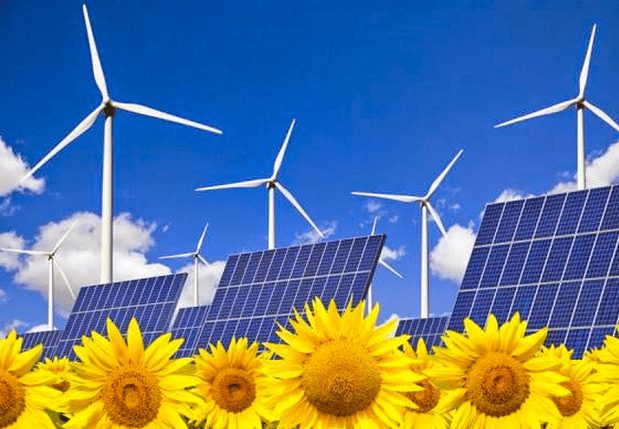Source: Energy Watch Group, 4 December 2019, photo credit: postcourier.com.pg
The new study by the Energy Watch Group and LUT University is the first of its kind to outline a 1.5°C scenario with a cost-effective, cross-sectoral, technology-rich global 100% renewable energy system that does not build on negative CO2 emission technologies. The scientific modelling study simulates a total global energy transition in the electricity, heat, transport and desalination sectors by 2050. I
t is based on four and a half years of research and analysis of data collection, as well as technical and financial modelling by 14 scientists. This proves that the transition to 100% renewable energy is economically competitive with the current fossil and nuclear-based system, and could reduce greenhouse gas emissions in the energy system to zero even before 2050.
“The report confirms that a transition to 100% renewables is possible across all sectors, and is no longer more expensive than the current energy system,” said Hans-Josef Fell, former Member of the German Parliament and President of the Energy Watch Group, in advance of the publication. “It shows that the whole world can make the transition to a zero emission energy system.
That is why all political powers around the world can and should do much more to protect our climate than they currently envision.” Thanks to the developed model and the extensive existing database, EWG and LUT can now also develop national roadmaps for the transition to 100% renewables, tailored precisely for the individual countries’ respective context, Fell added.
“The study’s results show that all countries can and should accelerate the current Paris Climate Agreement targets,” said Dr Christian Breyer, Professor for Solar Economy at the Finnish LUT University. “A transition to 100% clean, renewable energies is highly realistic – even today, with the technologies currently available.”
Read more
The South African Pork Producers’ Organisation (SAPPO) coordinates industry interventions and collaboratively manages risks in the value chain to enable the sustainability and profitability of pork producers in South Africa.
















